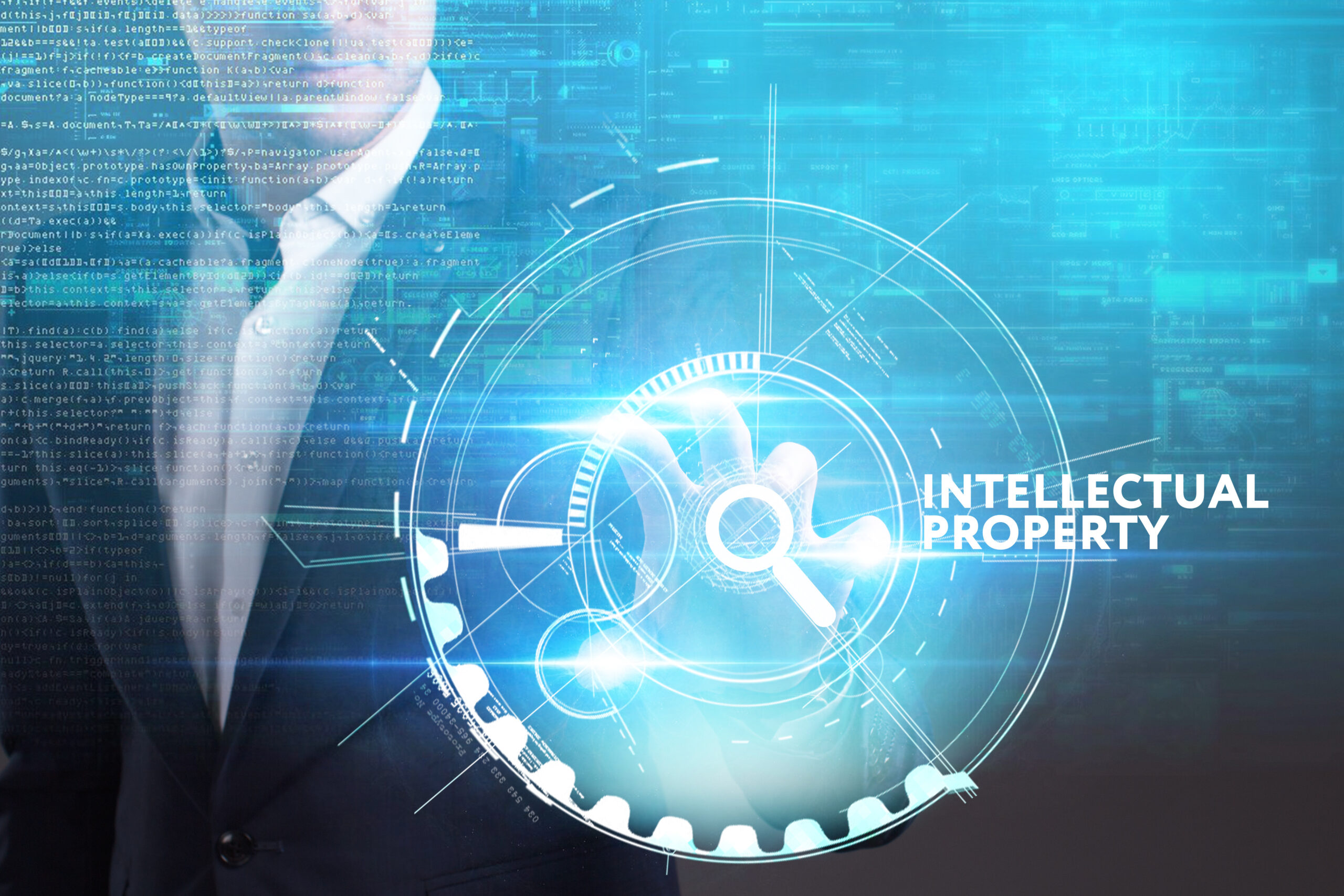By: Editorial Staff, Date: September 17th, 2024
The rapid evolution of artificial intelligence (AI) has ushered in a transformative era for innovation, fundamentally altering how ideas are conceived, developed, and executed. This shift raises critical questions about intellectual property (IP) rights and protections, prompting innovators, businesses, and legal experts to reconsider traditional frameworks for safeguarding creative works and inventions.
Navigating this new frontier presents both challenges and opportunities for IP practitioners and businesses. This article explores the current state of AI and IP, the challenges innovators face, and strategies for effectively protecting innovations in this dynamic landscape.

The Intersection of AI and IP
The intersection of AI and IP has introduced both benefits and challenges to the intellectual property landscape. Below are some key benefits of this evolving landscape:
- Automated Process in Patent Application:
AI technologies can streamline the patent application process by automating prior art searches and generating draft applications. This not only enhances efficiency but also reduces the risk of human error in drafting. AI tools can also assist in evaluating the novelty of inventions, a crucial requirement for obtaining patent. - Detection of Copyright Infringement:
AI is proving to be a valuable tool for detecting and preventing copyright infringement. Its algorithms can identify violations with high precision, enabling copyright holders to take swift action against unauthorized use. This capability is especially crucial in the digital age, where content can be easily replicated and distributed. - Trademark Application and Monitoring:
AI tools can assist in trademark applications by performing assessments and scanning databases to detect similar trademarks before submission. Additionally, AI algorithms can help monitor potential infringements and unauthorized use.
Challenges Innovators Face
While the integration of AI into the IP landscape offers benefits, it also presents challenges that can affect innovators’ IP rights. Below are some of the key challenges innovators face:
- Ownership and Inventorship of AI-generated Inventions:
The question of whether AI-generated inventions can be granted ownership remains a hot topic in patent law, sparking debates over ownership—does the AI hold the rights to these patents, or the human who used the AI? This highlights the need for updated legal frameworks to address the evolving role of AI in innovation. - Copyright Infringement:
AI systems frequently draw from extensive content databases, which may include copyrighted material, increasing the risk of copyright infringement if the generated output bears a strong resemblance to existing works. - Trademark Infringement:
AI’s ability to generate graphics and taglines has caught the attention of businesses looking to develop their trademarks. However, since AI systems often rely on existing content databases, the risk of trademark infringement may arise if proper cross-checking of existing trademarks is not conducted. - Data Protection and Privacy:
AI relies on a vast amount of data, which may include information protected by privacy laws. If mishandled or misused, this could lead to violations of data protection regulations. Additionally, it could expose trade secrets, potentially giving competitors an unfair advantage.
Strategies to Effectively Protect Inventions:
- Secure IP rights to safeguard your work.
- Conduct regular monitoring and enforce IP rights to maintain the integrity and value of your invention.
- Implement robust protection measure to ensure comprehensive IP safeguarding.
- Establish an attribution system to provide proper credit.
- Provide training on the implications of using AI in intellectual property.
- Consult with legal experts for assistance in protecting IP rights.
As AI continues to reshape the innovation landscape, navigating the evolving realm of intellectual property is crucial. By staying informed about the latest developments in IP, businesses and innovators can effectively protect their creations and fully leverage AI’s potential. Remain vigilant, adapt to new legal frameworks, and continue to innovate with confidence in this dynamic era of AI-driven progress.
Explore the critical aspects of intellectual property in our webcast: IP Revolution: Will Your Innovation Survive the Patent, Trademark, and Copyright Shifts


